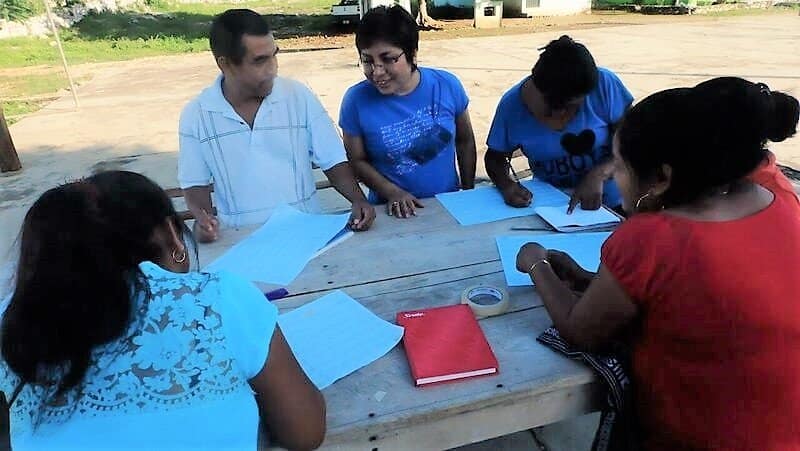
For the Maya, bees and their honey have always been sacred. Bees are a symbol of fertility and abundance; kaab, the Mayan word for bee, can also be translated as “force,” “land,” or “world.” But for the Mayan producer-members of the EDUCE cooperative, honey isn’t just a part of their cultural heritage. It’s also their livelihood.
In the 1990s, a group of Mayan activists established the cooperative Educación, Cultura, y Ecología, (EDUCE AC) to support community development in the municipality of Hopelchén, located on the Yucatán peninsula. One of their most successful initiatives was honey cultivation: the new cooperative offered producers training and technical assistance, helped them construct sophisticated beekeeping facilities, and produce high-quality honey that steadily increased their incomes.
But even honey wasn’t always a sweet deal for producers. While incomes had improved, they still weren’t able to sell their honey at very high prices, and the intermediaries they depended on to connect them to markets often took a cut for themselves.
So the producers of EDUCE decided to seek out alternatives. Seeking to establish a better channel for commercializing the cooperative’s honey, general manager Miguel Ángel Munguía sent letters to buyers in France and Germany—working diligently to find a market that could offer his producers fairer prices. At the same time, he sought to link his cooperative to the growing Fair Trade movement, which he knew could guarantee higher margins for the members of his cooperative. Eventually, his hard work paid off; in 1997, the cooperative achieved Fair Trade certification, and sent its first shipment of certified honey to Europe. Today, EDUCE is flourishing. Last year, its nearly 1,000 members produced and exported more than one million pounds of organic honey.
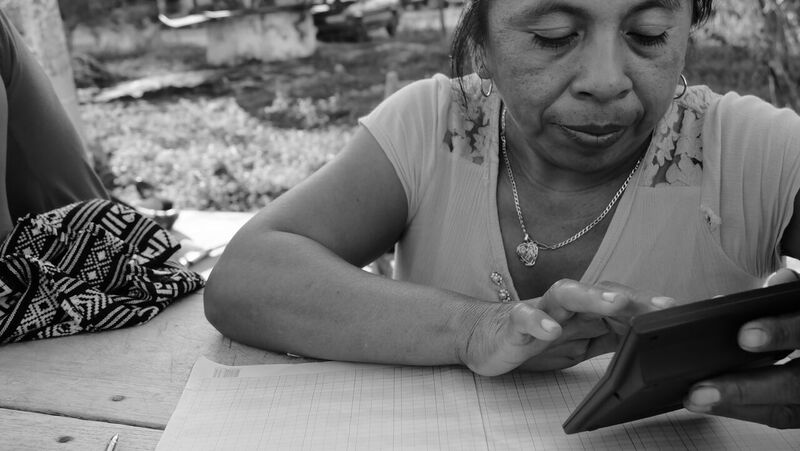
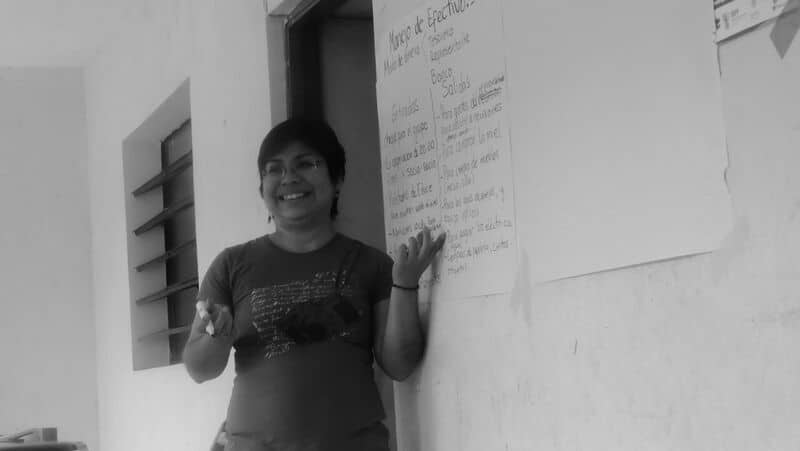 Running a training session with EDUCE’s staff.
Running a training session with EDUCE’s staff.
When Root Capital began working with EDUCE in 2012, the business was reaching a critical inflection point. They had just expanded eastward into the state of Yucatán, and cooperative membership was growing. At the same time, they decided to prioritize improvements to their organic management and internal systems. Our advisory team partnered with EDUCE’s management team to build their capacity in financial planning and accounting and strengthen their internal controls. We also worked with the cooperative’s technical team to equip them in the use of mobile technology to conduct farm-level inspections required to maintain Fair Trade and organic certifications.
At the same time, we provided financing to ensure they had the necessary cash flow to pay increasing numbers of honey producers fairly and on time. Since 2012, we’ve supplied the cooperative with more than $2.1 million in working capital.
Root Capital’s support has helped EDUCE nearly double in size, from just over 500 producer-members to nearly one thousand. As it grows, the cooperative’s leaders are careful to maintain a connection to the cultural history of honey in the Yucatán. Many Maya communities in the region hold ceremonies to ask bees permission to harvest their honey and thank the bees for their generosity. EDUCE works with community leaders to make sure that indigenous knowledge is not lost while the business becomes increasingly formalized, promoting cultural exchanges among its members that revolve around beekeeping. EDUCE also works with producers to preserve indigenous flowers that give Yucatecan honey a taste that can’t be reproduced anywhere else.
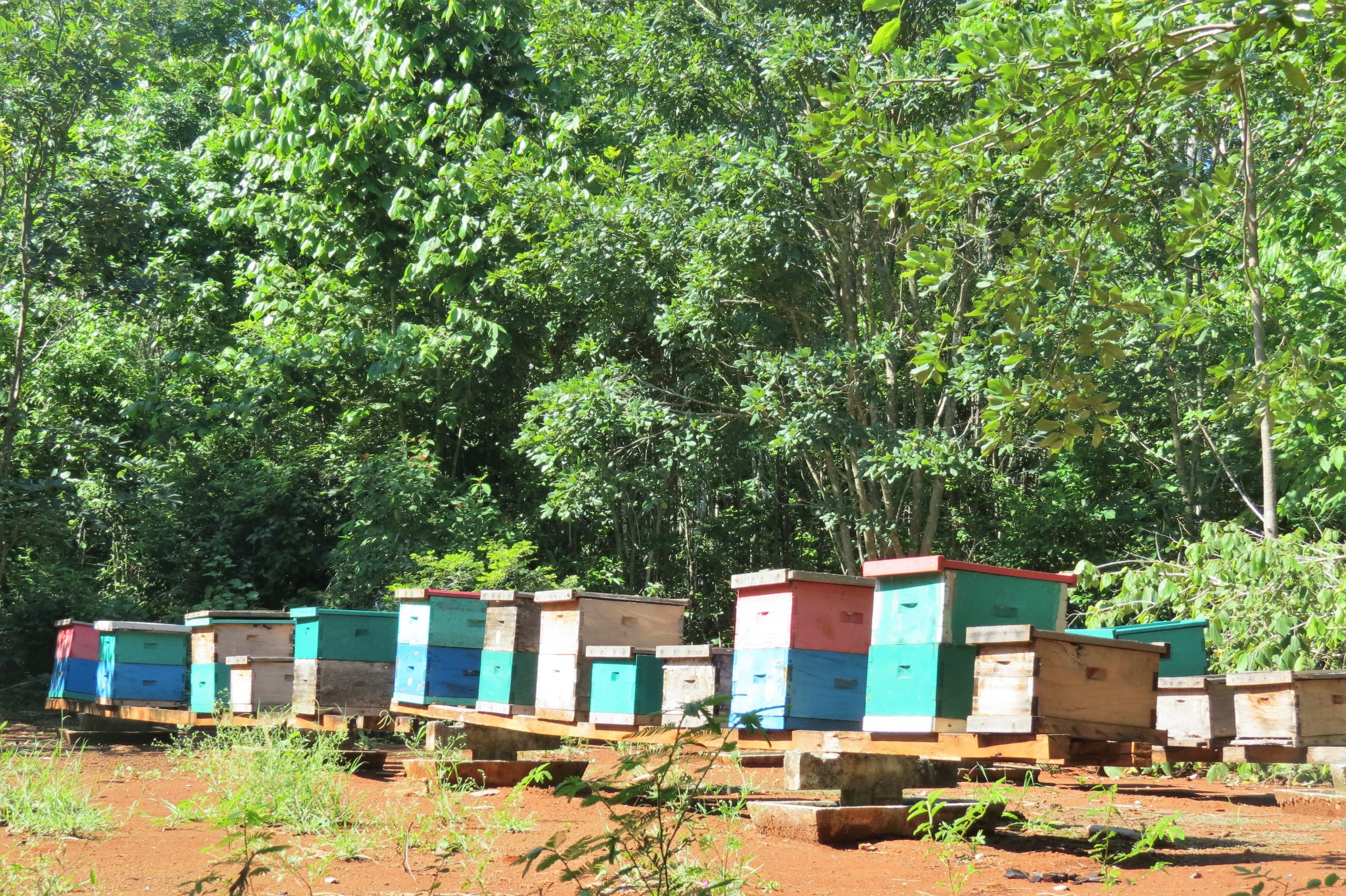
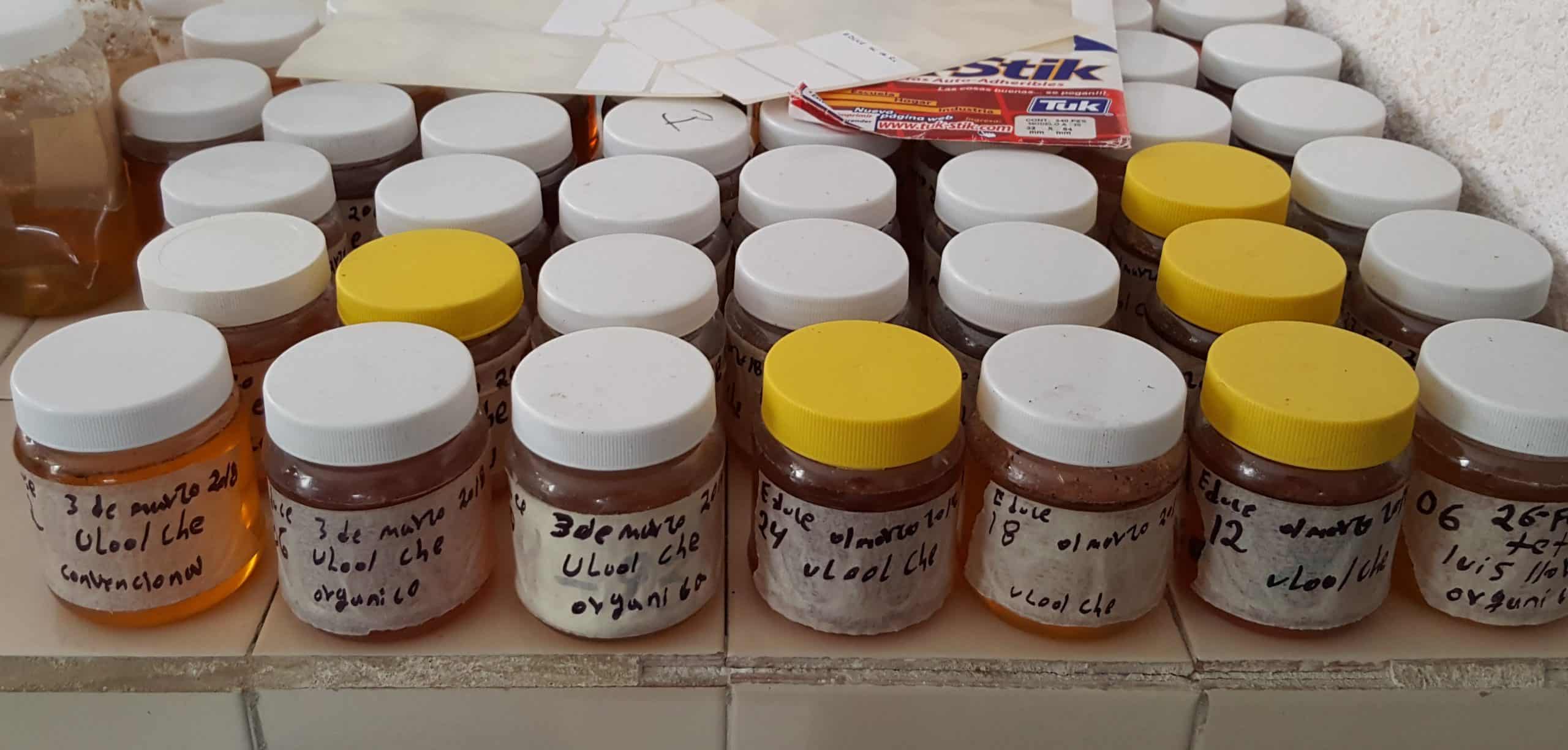
The EDUCE cooperative’s beehives and honey.
The honey producers of EDUCE still face grave challenges. As tourism and commercial agriculture grow, the territory where organic honey can be produced shrinks. At the same time, shifting rainfall and temperature patterns caused by climate change affect when flowers bloom—and when bees can find the food they need to survive. If these phenomena continue, the hives that the producers of EDUCE depend on could collapse.
Fortunately, honey producers are in a better position to overcome challenges like these when they’re part of an agricultural business. EDUCE’s certifications guarantee members a minimum price, even if bee populations and honey production falls. Members can also access training to help maximize their productivity, and stable markets to ensure consistent incomes.
For centuries, the Maya people have believed that honey had power. Together with EDUCE, we are unlocking that power to transform the lives of hundreds of Maya families.
Root Capital is working with the Walmart Foundation to support businesses like EDUCE—businesses that make honey production a sweeter deal for thousands of families in Mexico and Central America. Read more about our partnership here.

